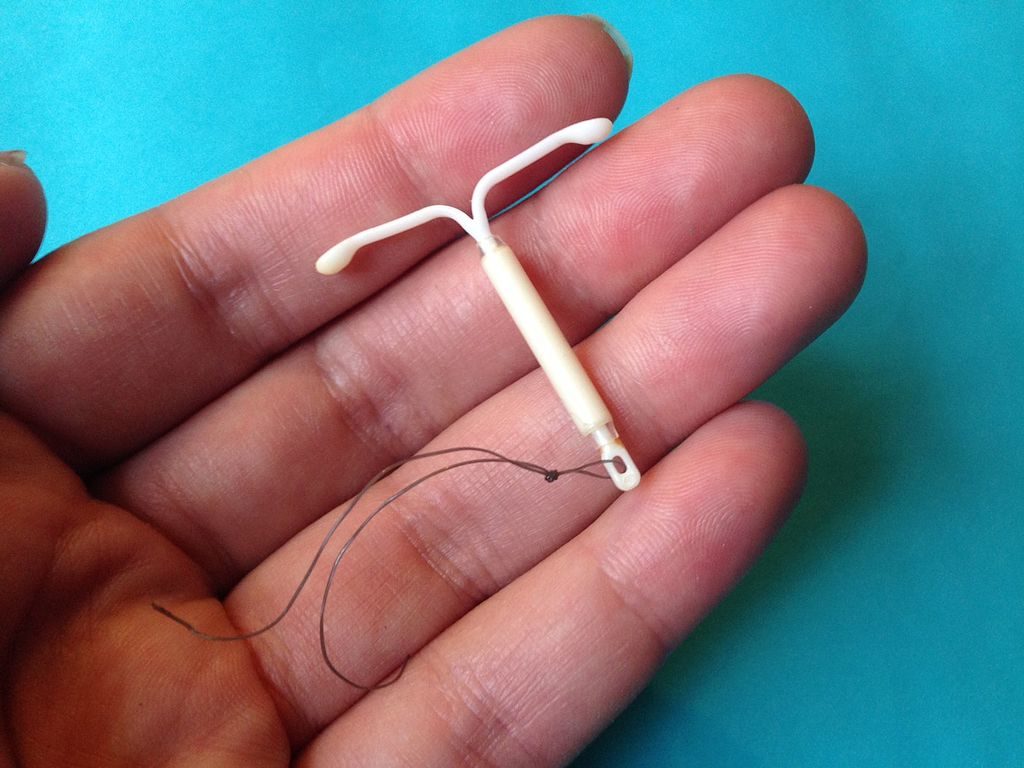Women who use intrauterine devices (IUDs) for birth control may be cutting their cervical cancer risk by over 30 percent, according to new review study conducted by researchers at the Keck School of Medicine of USC. The study – which was published in the journal Obstetrics & Gynecology – could bolster use of the contraceptive device, which is already widely considered to be a safe and effective form of birth control.
Data from 16 observational studies, including more than 12,000 women, was included in the meta-analysis. By combining this data into one systematic review, the researchers were able to identify that women who used an IUD were one-third less likely to develop cervical cancer.
“The pattern we found was stunning. It was not subtle at all,” said lead author, Dr. Victoria Cortessis, associate professor of clinical preventive medicine at the Keck School. “The possibility that a woman could experience some help with cancer control at the same time she is making contraception decisions could potentially be very, very impactful.”
So, what’s behind this correlation? According to Cortessis, the mechanism behind this finding is not yet known, however multiple other researchers have put forth their ideas.
One theory is that inserting the IUD elicits an immune response. Immune cells that are then localized to the cervix are able to fight any existing human papillomavirus (HPV) infection, thereby eliminating one of the most common causes of cervical cancer.
Another hypothesis is focused on removal of an IUD, which is done every three to 12 years depending on the type of device. During IUD removal, some cervical cells may be scraped off potentially removing precancerous cells or those infected with HPV.
“If we can demonstrate that the body mounts an immune response to having an IUD placed, for example, then we could begin investigating whether an IUD can clear a persistent HPV infection in a clinical trial,” said Dr. Laila Muderspach, chair of obstetrics and gynecology at the Keck School. “The results of our study are very exciting. There is tremendous potential.”
The incidence of cervical cancer is on the rise, particularly in countries with limited access to Pap testing and preventive measures like the HPV vaccine. In 2012, 528,000 women around the world were diagnosed with cervical cancer, and 266,000 women died as a result, according to the World Health Organization (WHO).
“A staggering number of women in the developing world are on the verge of entering the age range where the risk for cervical cancer is the highest — the 30s to the 60s. Even if the rate of cervical cancer remains steady, the actual number of women with cervical cancer is poised to explode,” said Cortessis. “IUDs could be a tool to combat this impending epidemic.”












Join or login to leave a comment
JOIN LOGIN